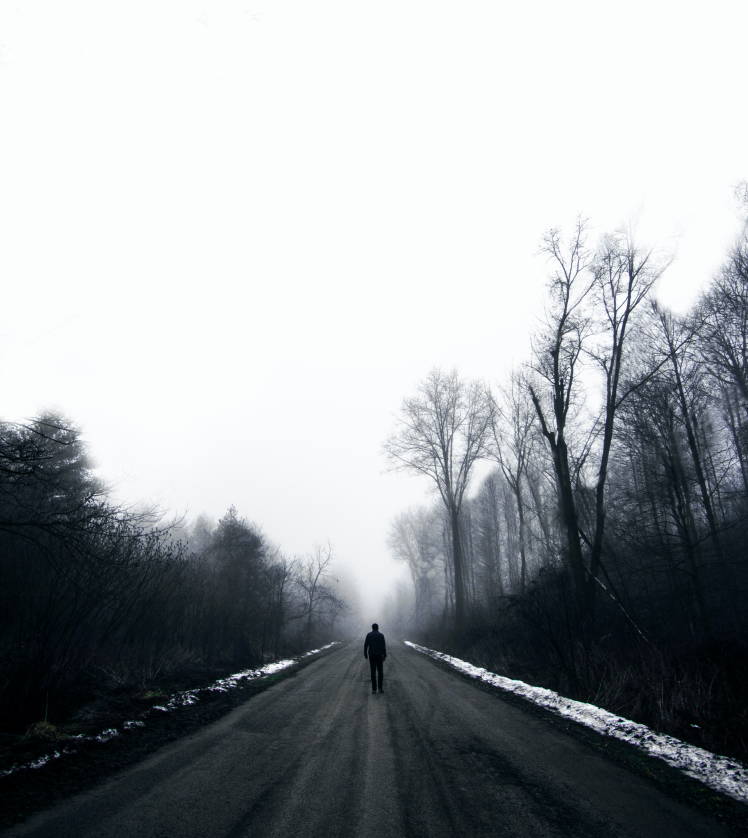I see you there—your ink well and your quill and your oak gall ink.
Dip, think, scratch.
Yeah, you’re writing.
Chances are, as a writer, you enjoy being alone.
Me, too.
Did you ever think about why you like alone time?
2020 has taught us all many awful lessons—but it’s definitely taught me how much I enjoy going out to restaurants and bars and movies and sporting events and the like. Noise. People watching. Eating great food. Or a shared experience, say, over a rocking live band.
Are we alone in the universe? Are your characters?
Or are we connected to others? Are your characters?
Try Mark Watney, stranded on Mars in the year 2035 in The Martian.
Think about it. He could do anything, say anything, think anything. No society to conform to! All of those norms and rules and issues are 59 million miles away. Except, if he wants to live, Mark Watney has got to find a way to get home. Family, work. Yadda yadda.
Try Robinson Crusoe—the shipwrecked dude was alone for 28 years on an island and survived a wide variety of threats—cannibals, captives, and mutineers. He talks to the animals, makes a deal with God, and finally finds a footprint in the sand, leading to his companion “Friday.” With its journalistic tone many early readers did not know at first that Robinson Crusoe was fiction. We are deep in the mind of a true castaway and gripped by his struggle.
(And don’t overlook the 1964 sci-fi gem—okay, I’m not really sure if it’s a gem—Robinson Crusoe on Mars. Starring Adam West among others. Talk about a survival mash-up!)
Try Cheryl Strayed’s non-fiction account of hiking the Pacific Coast Trail—alone—it sold very well and made for a pretty decent movie starring Reese Witherspoon.
All these characters are alone—but not really, right? The world comes to them. And/or they have support systems. Not every story can take place on a planet or a remote island, but you can think of your character’s life—or a key moment in your story—from that perspective. Don’t ever forget that your characters can think absolutely anything they want to think and feel alone anywhere. It’s possible to feel alone watching a football game with 80,000 others.
Put your characters in situations where they struggle solo—for an hour, a day, or longer—and rely on their own wits, instincts, beliefs, senses, guile, skills, intellect, talents, sanity, smarts, cleverness, tenacity, mettle, humor, spirit (etcetera).
It doesn’t hurt if the stakes are high. Saving their own life. Or someone else’s. Throw in a ticking clock and watch your characters sweat even harder.
Put the screws to your character. Expose their flaws. Discover their strengths.
Are we ever alone? Don’t we drag all what we’ve learned from others to the blank page? Aren’t our protagonists shaped—whether well-shaped or poorly-formed—by others? Can you slash all your ties to your past? Do you want to? Or do you just have a few select shackles you’d like to unclasp? Suggestion: ask the same questions of your characters. Do they want more alone time? Or are they joining every group and organization in sight?
Jack Kerouac (in Alone on a Mountaintop) wrote: “No man should go through life without once experiencing healthy, even bored solitude in the wilderness, finding himself depending solely on himself and thereby learning his true and hidden strength.”
(Check the Netflix reality series “Alone” if you want to see the effect alone time has on trained survivalists; attitude is everything.)
Why do you like alone time?
What are you searching for when you write? What journey through the dark woods are you taking—alone?

